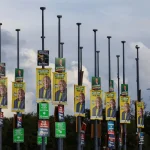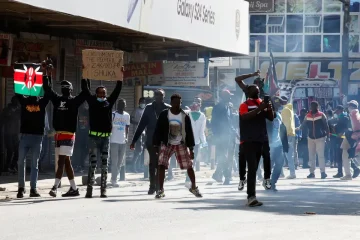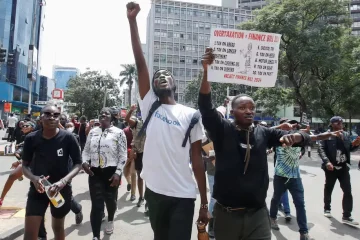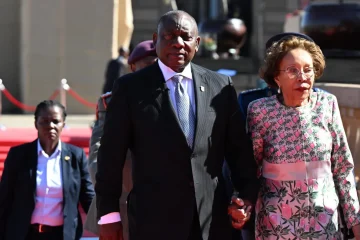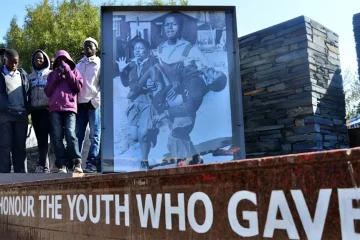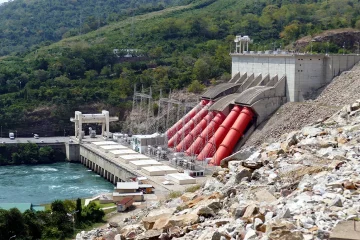SOUTH Africans vote in national and provincial elections on May 29 that polls suggest could loosen the African National Congress’ 30-year grip on power.
After the vote, the new National Assembly will choose the country’s next president from among its members.
Below are facts about the election and the voting process.
HOW DOES SOUTH AFRICA’S ELECTORAL SYSTEM WORK?
South African voters will go to the polls to elect a 400-member National Assembly, as they have done every five years since the end of apartheid in 1994. The lawmakers will then elect the country’s next president.
Each political party will be allocated a number of seats in the National Assembly proportional to the number of votes it gets. In the last election, the ANC had 57.5% of the votes, which translated into 230 seats.
WHAT IS THE VOTING PROCESS?
Voting stations will be open on Wednesday, May 29 from 0500 GMT to 1900 GMT. Voters will receive three ballots.
The first ballot is national and will consist of a list of political parties vying for 200 seats in the National Assembly.
The second one is a “province-to-national” ballot, which will include parties and independent candidates seeking to represent each of South Africa’s nine provinces in the National Assembly.
Lawmakers elected with this second ballot will take up the other 200 seats in the assembly, with each province allocated a number of seats based on the size of its population.
The third ballot will be to elect members of the provincial legislature in each province, and will also include parties and independent candidates.
HOW MANY PEOPLE CAN VOTE?
The Independent Electoral Commission says 27.79 million people are registered to vote, up from 26.74 million in 2019. South Africa’s population is around 62 million.
About 66% of registered voters cast their ballot in 2019, down from 73% in 2014. Turnout has declined since the early years of South Africa’s democracy, and pollsters predict it will be even lower this year.
WHO ARE THE CANDIDATES?
A total of 70 political parties and 11 independent candidates will contest the national and provincial elections. The national ballot will have 52 parties listed.
The ruling ANC, led by President Cyril Ramaphosa, is competing against opposition parties including the pro-business Democratic Alliance, the Marxist Economic Freedom Fighters, and dozens of smaller parties.
WHEN WILL WE KNOW THE RESULT?
South Africa’s electoral commission normally starts releasing partial results within hours of the polling stations closing. The national picture will emerge gradually over the following days.
By law, the commission has seven days in which to announce full results.
The last national election in 2019 was also held on a Wednesday, and the final result was announced on Saturday.
WHAT HAPPENS NEXT?
South Africa’s constitution says that the National Assembly must hold its first sitting no more than 14 days after the election result has been declared.
At its first sitting, the National Assembly will hold a vote to elect one of its members to be the country’s president. There can be several rounds of voting if no candidate wins 50% or more in the first round.
If no political party has a majority in the National Assembly, as polls suggest may be the case this year, two or more parties will have to team up to get the votes necessary to elect a president.
This has never happened before, as the ANC has always won an outright majority since the first multi-racial elections in 1994.

